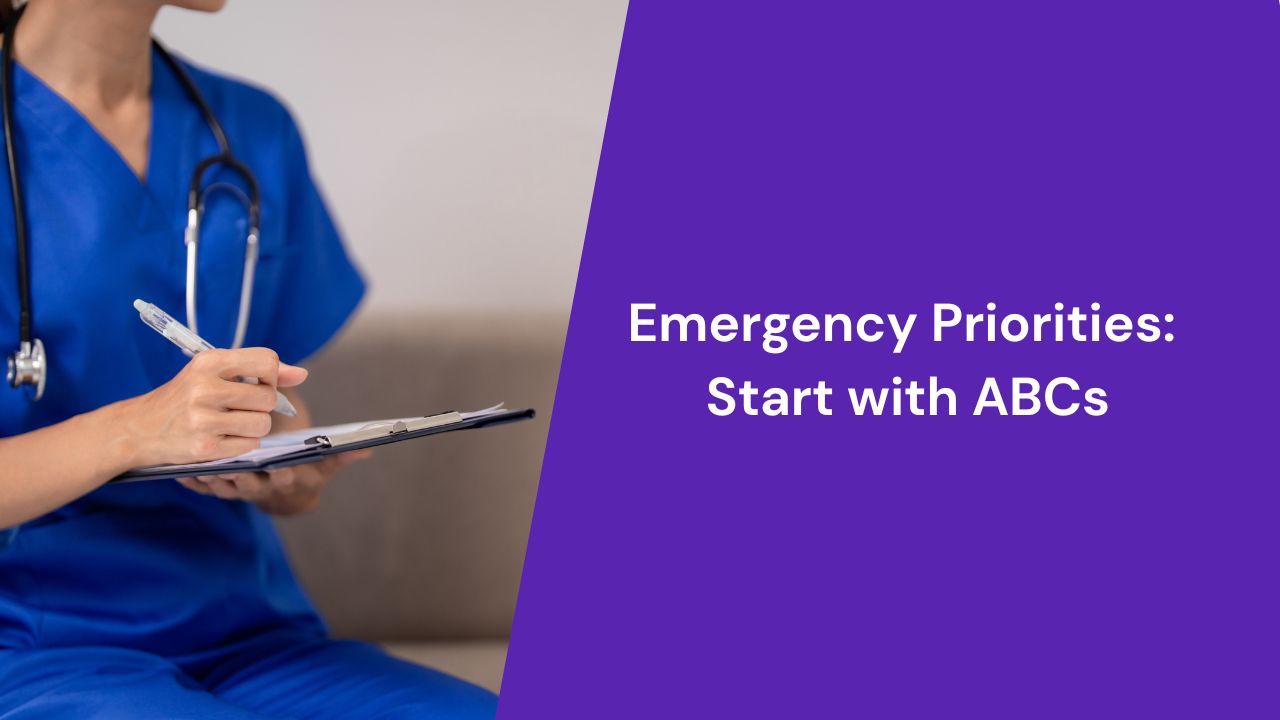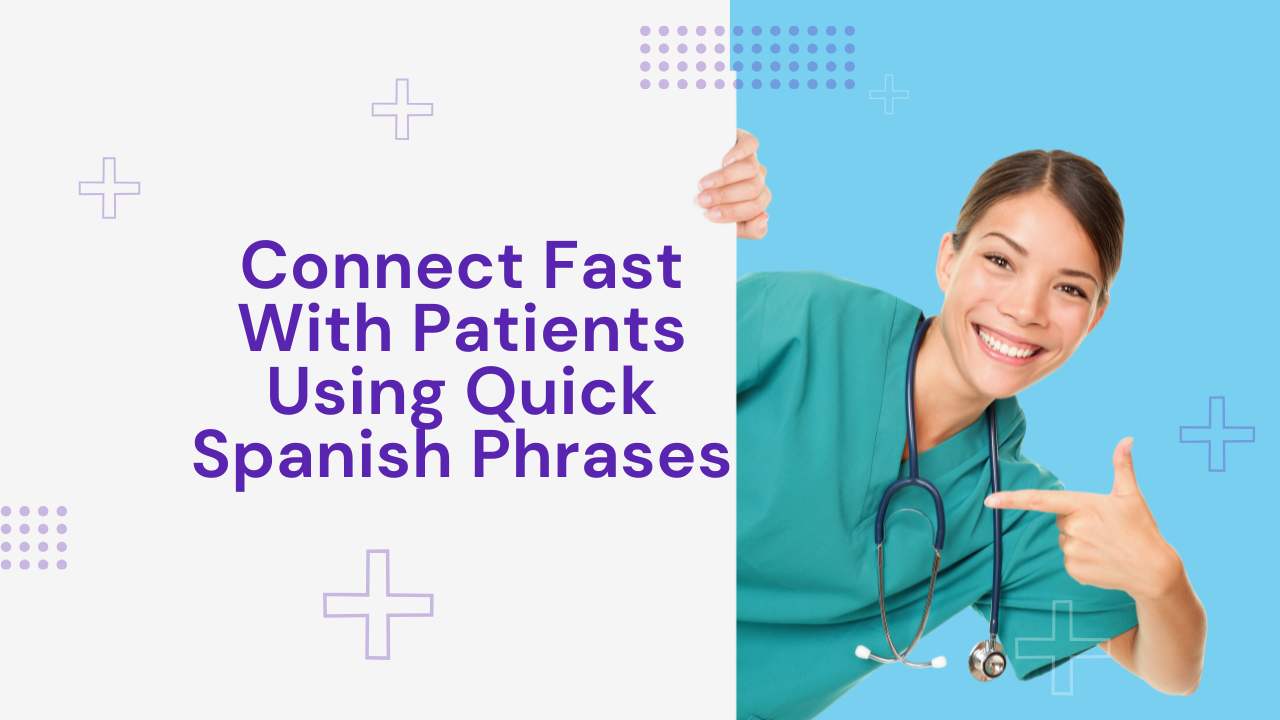Becoming an LPN or LVN (licensed practical or vocational nurse) is an excellent path to the healthcare industry that allows you to learn and gain experience quickly without maxing out your financial capabilities right away or taking on large university debt before you're sure it's the right fit for you.
Let's get it straight from the beginning. LPNs/LVNs are nurses. They do not have the same educational background or responsibilities as RNs (registered nurses) but are respected and integral blocks in the healthcare delivery chain. LPNs/LVNs complete a nursing program which is typically 12 months long and sit for the licensing exam to practice. RNs generally have at least an associate's or a bachelor's degree. Logically, the fact that RNs have more education and responsibilities in medical settings follows that RNs also earn higher salaries.
Whether you become an LPN/LVN because you can't immediately afford the education expenses for an RN track or you want to be sure nursing is the right fit for you before spending the time and energy on a BSN (bachelor of science in nursing), choosing to become an LPN/LVN doesn't have to be the end of your nursing path. It is considered a valuable foundation for becoming an RN if you choose.
How to Transition from an LPN/LVN to an RN
Nursing school programs have agreed nationwide that the background of learning and experience that all practicing LPNs/LVNs possess is valuable and should be considered when they decide to pursue a path to becoming an RN. To acknowledge and utilize that experience, nursing schools developed specific programs for these circumstances, also called LPN to RN bridge programs.
How Long is an LPN/LVN to RN Bridge Program?
Bridge programs often allow students to test out of specific courses and earn credits towards their degree. When you choose to do an LPN to RN bridge program, you can expect to take anywhere from two to four years. A few factors to consider for a bridge program will directly impact whether you finish closer to two years or four. They are:
Will You Pursue a BSN or ADN?
The ADN trajectory is shorter because it earns an associate's degree in nursing. These types of bridge programs can be completed in 15-24 months. Often ADN programs are offered at local community colleges or vocational schools, which may mean that they are also less costly in addition to being shorter. BSN programs are longer because you'll finish with a bachelor of science in nursing and are usually only offered at universities or four-year colleges.
Will you continue to work as an LPN while working the bridge program?
Often LPNs can continue to work while they're in a bridge program. Working is an advantage because it minimizes your financial impact, and you continue gaining experience, an asset in bridge program studies. Still, it may impact how quickly you can finish your bridge program studies. Many LPNs/LVNs working on a bridge program find they can better juggle work and studies by working PRN shifts instead of in a staff position where scheduling can be challenging. By picking up PRN shifts, they can select when they work and keep the days (or nights) they need free for their program schedule requirements.
Can I Get My LPN to RN Online?

Happily, the answer to this question is yes, you can! Online LPN to RN bridge programs are available that allow you to do the classes and coursework without traveling to a campus. Nevertheless, in-person clinical experience is a requirement. Once you've completed your bridge program, you can take the necessary steps to become a licensed RN.
How to Obtain RN Licensing
Once you've completed the bridge program, you'll be close to becoming a practicing RN. Follow these steps to obtain your RN license:
1. Ensure you meet all the requirements to sit for licensing by your resident state board of nursing.
2. Follow your state board of nursing's prompts to apply for the NCLEX-RN (National Certification Licensing Examination for Registered Nurses).
3. Prepare! Just as law and medical students study for their boards after completing their studies, so should nursing students. Check the NCLEX website for study assistance, where they offer Test Plans for your review and a tutorial for the exam software.
4. Pass the exam, and you'll receive your RN license.
Best LPN to RN Bridge Programs
Above all, before signing up for a bridge program, you must verify that it is accredited by one of the two accrediting bodies: the ACEN (Accreditation Commission for Education in Nursing) or the CCNE (Commission on Collegiate Nursing Education).

The best LPN to RN bridge program for you will be accredited, affordable, and flexible to meet your needs. Review program requirements for any online program you're considering because some may still require in-person class time on top of the in-person clinicals.
Work PRN Jobs with Nursa While You Bridge
Nursa is the favorite PRN healthcare staffing app for nurses and hospitals. Schedule your work around your responsibilities and make it possible to earn a living while you simultaneously pursue your career goals.











.jpg)
.webp)

